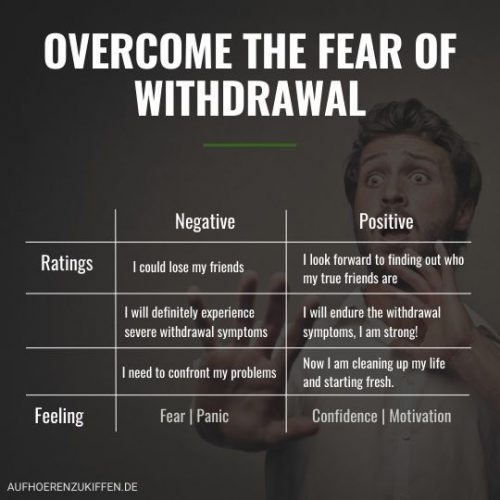
10 Reasons Why You Can’t Stop Smoking Weed
Struggling to quit smoking weed despite knowing for years that it’s not good for you? You’re not alone. Many people find themselves trapped in this vicious cycle, unable to break free. But why is it so difficult to quit? In this blog post, we delve into this …









